Ebikes
Fish & Chips Meets Lithium-Ion: Why E-Bikes Are Redefining British Identity
I never thought I’d see the day when cycling would become the talk of the town. But here we are, with e-bikes stealing the spotlight and pedalling their way into the heart of British culture. It’s not just a trend; it’s a revolution. Did you know that 2.2 million bicycles are sold annually in the UK, and e-bikes are the driving force behind this surge? The cycling market has even hit a whopping £980 million! And here’s the kicker—over 20% of women planning to buy a bike next year are eyeing an e-bike. Clearly, these battery-powered beauties are more than just a mode of transport. They’re a statement. But what does this mean for British identity? Let’s dive in.
Key Takeaways
- E-bikes are changing transport in Britain. Sales grew 40% in 2020. They are easy to use and better for the planet than cars.
- Government help is important for e-bike use. Building bike paths makes riding safer and helps people choose e-bikes for daily travel.
- E-bikes bring people together. They let everyone, no matter their age or fitness, enjoy cycling and make new friends.
- Using e-bikes lowers pollution. They can cut car CO2 by half, helping to fight climate change.
- E-bikes improve health and life. They keep you active, reduce stress, and make trips fun.
The Rise of E-Bikes in the UK

Popularity and Adoption Trends
I’ve been keeping an eye on the e-bike craze, and let me tell you, it’s not slowing down. In fact, e-bike sales in the UK skyrocketed by over 40% in 2020 alone. That’s not just a trend; it’s a full-blown movement. Adoption rates jumped from 3.9% in 2019 to 5.9% in 2020, and experts predict they’ll hit a staggering 24.4% in the coming years. Why the sudden surge? Well, the pandemic played a big role. People ditched crowded buses and trains for the convenience and eco-friendliness of e-bikes. It’s no wonder they’re projected to sell 10 million units annually by 2024.
But it’s not just about numbers. E-bikes are winning hearts across the UK. They’re attracting everyone from seasoned cyclists to first-timers looking for a greener way to get around. And with e-commerce making them more accessible, it’s easier than ever to join the revolution.
Societal Changes Driving E-Bike Use
Let’s face it, life in Britain is changing. Traffic congestion, rising fuel costs, and a growing focus on sustainability have made e-bikes the perfect solution. They cut commute times, dodge traffic jams, and help us breathe a little easier—literally. Over 2.78 million people in the UK are considering buying an e-bike in the next year. That’s a lot of potential riders!
What’s more, e-bikes appeal to everyone. Commuters love the practicality, older adults appreciate the ease of use, and eco-conscious folks can’t get enough of the green benefits. It’s like the Swiss Army knife of transportation—versatile, efficient, and undeniably cool.
| Societal Shift | Impact on E-Bike Use |
|---|---|
| Rising interest in sustainable transport | Boosts e-bike popularity |
| Traffic congestion and long commutes | Encourages urban dwellers to switch to e-bikes |
| Diverse demographic appeal | Expands adoption across age and lifestyle groups |
Government Support and Infrastructure
Here’s the kicker: the UK government is fully on board with the e-bike revolution. They’ve invested £2 billion in cycling and walking initiatives, including better bike lanes, parking facilities, and even e-bike hire schemes. These efforts make it easier and safer for people to embrace e-bikes as a primary mode of transport.
In London, for example, e-bike rides surged by 162% at Bank station and 136% at London Bridge station after the Northern Line closure. Lime, a popular bike-sharing service, reported a 113% increase in e-bike rides during the same period. Clearly, infrastructure improvements and bike-sharing schemes are making a real difference.
The government’s push for sustainability and reduced car dependency is reshaping urban mobility. With these initiatives, e-bikes are no longer just a trendy option—they’re becoming a cornerstone of modern British transport.
E-Bikes and British Culture
Blending Tradition with Modernity
When I think of Britain, I picture cobblestone streets, red double-decker buses, and the timeless charm of afternoon tea. But now, there’s a new player in town—e-bikes. They’re weaving themselves into the fabric of British life, blending the old with the new in a way that feels, dare I say, quintessentially British. Imagine cycling past Big Ben on a sleek, foldable e-bike like the DYU A5. It’s a scene that screams tradition meeting innovation.
E-bikes are redefining how we navigate our historic cities. They glide effortlessly through narrow lanes and bustling markets, offering a modern twist to age-old commutes. And let’s not forget their practicality. With features like foldable designs and removable batteries, they fit seamlessly into our fast-paced lives while respecting the charm of our heritage. It’s like having your cake and eating it too—very British, wouldn’t you agree?
BUY DYU A5Building Community Connections
I’ve noticed something magical about e-bikes—they bring people together. Whether it’s a casual weekend ride or a charity event, these bikes are fostering a sense of community that’s hard to ignore. Just last year, Himiway sponsored a charity ride that drew over 1,000 participants and raised a staggering $1.2 million for a foundation. That’s the power of e-bikes in action.
Here’s why they’re so effective at building connections:
- They encourage social interactions during group rides and events.
- They promote inclusivity, allowing people of all ages and fitness levels to join in.
- They create opportunities for shared experiences, from exploring scenic routes to tackling urban adventures.
E-bikes are more than just a mode of transport; they’re a social glue. They’re helping us rediscover the joy of community in a world that often feels disconnected. And honestly, who wouldn’t want to be part of a movement that’s as fun as it is meaningful?
Supporting Sustainability Goals
Let’s talk about the elephant in the room—climate change. It’s a challenge we can’t ignore, but e-bikes are stepping up as unlikely heroes. They’re not just reducing our carbon footprint; they’re reshaping how we think about sustainability. Did you know the e-bike market is projected to grow by 16% by 2028? That’s a clear sign we’re heading in the right direction.
E-bikes are replacing short car trips, which are notorious for their high CO2 emissions. Take a look at this comparison:
| Mode of Transport | CO2 Emissions (g CO2e/km) | Manufacturing Impact (kg CO2e) |
|---|---|---|
| Bicycle | 25-35 | 134 |
| E-bike | 21-25 | 165 |
| Conventional Car | 220 | 5500 |
| Electric Vehicle | 160 | 2000-4000 |
| SUV | N/A | 13000 |
Switching to e-bikes isn’t just good for the planet; it’s good for us too. They encourage exercise, improve air quality, and operate quietly, making our cities more liveable. It’s like hitting the sustainability jackpot. So, the next time you hop on an e-bike, remember—you’re not just riding a bike; you’re riding a wave of change.
Benefits of E-Bikes for Britons
Eco-Friendly Transport
I’ve always believed that small changes can lead to big impacts, and e-bikes are living proof of that. These nifty machines are transforming how we think about transport and the environment. Did you know they can slash car carbon dioxide emissions by up to 50%? That’s a staggering 30 million tonnes of CO₂ saved every year! Imagine the difference if we all swapped short car trips for e-bikes. Studies show that walking or cycling could replace 41% of these trips, cutting car emissions by nearly 5%. It’s like giving Mother Nature a much-needed breather.
E-bikes also make sustainability feel effortless. They’re perfect for those quick dashes to the shop or the daily commute. Unlike cars, they don’t guzzle petrol or clog up the roads. Instead, they glide silently, leaving nothing but a lighter carbon footprint behind. Every time I hop on an e-bike, I feel like I’m doing my bit for the planet—and it feels fantastic.
Accessibility for All
One of the things I love most about e-bikes is how inclusive they are. They’re not just for fitness fanatics or cycling pros. They’re for everyone. Whether you’re young or old, fit or not-so-fit, e-bikes make cycling accessible. I’ve seen grandparents zipping around on them, keeping up with their grandkids. It’s heartwarming and inspiring.
The design of modern e-bikes, like the DYU A5, takes accessibility to the next level. With its lightweight frame and foldable design, it’s easy to store and carry. The removable battery makes charging a breeze. And let’s not forget the suspension system, which ensures a smooth ride for people of all abilities. These features make e-bikes a game-changer for those who might have found traditional cycling daunting.
E-bikes also bridge the gap for commuters. They’re faster than walking and less strenuous than pedalling a regular bike. Plus, they’re a cost-effective alternative to public transport or driving. It’s no wonder they’re becoming the go-to choice for so many Britons.
Health and Lifestyle Perks
I’ll admit it—when I first tried an e-bike, I thought it would be a lazy option. But I couldn’t have been more wrong. E-bikes offer a surprising workout. Studies back this up. In one British study, 80 employees used e-bikes for 6-8 weeks. The results? A 20% reduction in car mileage and 59% of participants reporting increased physical activity. That’s impressive, isn’t it?
Other studies show similar benefits. For instance, a Norwegian pilot study found an 8% improvement in VO2 max among inactive adults who used e-bikes for eight months. Another study in the US revealed significant gains in post-plasma glucose levels and maximal power output after just four weeks of e-bike commuting. These findings prove that e-bikes aren’t just good for the environment—they’re great for our health too.
But it’s not just about fitness. E-bikes enhance our quality of life. They encourage us to spend more time outdoors, exploring scenic routes or simply enjoying the fresh air. They reduce stress by making commutes quicker and more enjoyable. And they bring a sense of freedom that’s hard to match. Every ride feels like a mini adventure, and who doesn’t need a bit more adventure in their life?
Technology and Innovation in E-Bikes

Advances in E-Bike Design
I’ve always marvelled at how technology transforms the ordinary into the extraordinary, and e-bikes are no exception. These sleek machines have come a long way, thanks to cutting-edge advancements. Take batteries, for instance. Modern lithium-ion batteries now power e-bikes for over 60 miles on a single charge. That’s like cycling from London to Brighton without breaking a sweat! And the future looks even brighter with solid-state batteries on the horizon, promising greater safety and energy density.
But it’s not just about the batteries. Lightweight materials are revolutionising e-bike frames, making them easier to carry and perfect for urban living. Smart features like GPS tracking and mobile app connectivity are becoming standard, turning e-bikes into tech-savvy companions. Imagine navigating through the Lake District with your e-bike guiding the way—pure bliss! These innovations aren’t just enhancing usability; they’re making e-bikes irresistible.
| Title | Author | Year | Source |
|---|---|---|---|
| E-bike use and ownership in the Lake District National-Park UK | Philips I | 2024 | Journal of Transport Geography |
| WHO HEAT for walking and cycling | C Brand | HEAT Tool | |
| Scaling small technologies can hasten our climate action | Prof Brand C | GreenBiz |
Britain’s Innovative Spirit
When it comes to innovation, Britain never disappoints. From the steam engine to the World Wide Web, we’ve always been ahead of the curve. And now, we’re making waves in the e-bike industry. Take Lotus, for example. They’ve launched a limited-edition electrified e-bike that’s as much a work of art as it is a mode of transport. It’s a testament to Britain’s knack for blending design and functionality.
This spirit of innovation isn’t just about flashy designs. It’s about solving real-world problems. British engineers are pushing the boundaries of e-bike technology, creating models that cater to diverse needs—from commuting to cargo transport. It’s this versatility that makes e-bikes a true game-changer.
E-Bikes in a Tech-Driven Future
I can’t help but get excited about what the future holds for e-bikes. Predictions suggest their usage in the UK could grow by nearly 40,000% by 2050. That’s not just a trend; it’s a revolution. Future e-bikes will be lighter, more affordable, and packed with advanced features like energy recovery systems and enhanced safety measures. They’ll even play a role in improving public health by encouraging exercise and reducing obesity rates.
The rise of e-bike sharing services is another game-changer. Companies like Uber are already making e-bikes more accessible, with a reported 15% increase in e-bike trips and a 10% drop in car trips. It’s clear that e-bikes are not just a part of our tech-driven future—they’re leading the charge.
- E-bike buyers are increasingly choosing them as car substitutes, with 28% making the switch.
- Advances in lithium-ion batteries have driven e-bike sales, with their usage jumping from 25% in 2020 to over 60% by 2023.
- E-bikes are becoming more versatile, catering to commuting, cargo, and even mountain biking.
The future of transport is here, and it’s electric. E-bikes are not just changing how we move; they’re changing how we live.
Challenges and Future of E-Bikes

Addressing Cost Barriers
Let’s talk about the elephant in the room—cost. E-bikes are brilliant, but they don’t come cheap. I’ve heard countless people say, “I’d love one, but the price tag makes me wince.” And they’re not wrong. Half of cyclists in the UK think e-bikes are too expensive. A new bicycle, let alone an e-bike, feels like a luxury many can’t justify these days.
| Challenge | Impact |
|---|---|
| High initial costs | Deters potential buyers |
| Prices beyond consumer budgets | Limits widespread adoption |
| Cost as a key barrier | Slows down the e-bike revolution |
But here’s the good news. Prices are gradually coming down as technology improves and demand rises. Brands like DYU are leading the charge with affordable options like the A5 model, which packs premium features without breaking the bank. Plus, government subsidies and financing schemes are making e-bikes more accessible. It’s a step in the right direction, but there’s still work to do.
BUY DYU A5Tackling Security Concerns
Now, let’s address the bane of every cyclist’s existence—bike theft. It’s a nightmare, isn’t it? You lock up your shiny new e-bike, only to find it gone when you return. Sadly, bicycle theft often gets brushed off as a low priority by authorities. This lack of action discourages many from investing in an e-bike.
- Fear of theft keeps people from using e-bikes.
- Many victims don’t replace stolen bikes, which impacts cycling habits.
- The economic and social effects of theft are underestimated.
Thankfully, innovation is stepping in to save the day. Modern e-bikes, like the DYU A5, come with smart security features such as remote locking systems. These advancements give riders peace of mind and make thieves think twice. Still, we need better public awareness and stricter enforcement to tackle this issue head-on.
Shaping British Identity in the Future
E-bikes are more than just a mode of transport. They’re becoming a symbol of modern Britain—a blend of tradition and innovation. Picture this: a bustling London street, where red buses share the road with sleek e-bikes. It’s a snapshot of a nation embracing change while staying true to its roots.
As e-bikes become more popular, they’re reshaping how we see ourselves. They represent sustainability, community, and progress. They’re helping us move towards a greener future, one pedal at a time. I believe e-bikes will play a pivotal role in defining British identity in the years to come. After all, what’s more British than adapting to change with a cup of tea in hand and a cheeky grin on your face?
E-bikes are rewriting the story of British identity. They blend the charm of cobblestone streets with cutting-edge tech, proving that tradition and innovation can ride side by side. These two-wheel wonders champion sustainability, foster community spirit, and modernise our daily lives.
“E-bikes aren’t just transport; they’re a movement.”
I see them as a symbol of Britain’s adaptability. From Big Ben to Brighton Pier, they’re quietly shaping a greener, smarter future. So, hop on, Britain—it’s time to pedal into tomorrow! 🚴♂️✨
FAQ
What makes e-bikes different from regular bicycles?
E-bikes come with a motor and battery that give you a boost while pedalling. It’s like having a secret helper on hills or long rides. You still get exercise, but it feels less like a workout and more like a breeze. 🚴♀️✨
Are e-bikes suitable for beginners?
Absolutely! E-bikes are perfect for first-timers. They’re easy to ride, and the motor assistance makes cycling less intimidating. Models like the DYU A5 even fold up for convenience. You’ll feel like a pro in no time.
How far can an e-bike go on a single charge?
Most e-bikes can cover 40-60 miles, depending on the model and terrain. The DYU A5, for example, offers an impressive 60KM range. That’s enough for a day’s adventure or a week’s commute.
Do e-bikes help with fitness?
Yes, they do! E-bikes encourage physical activity without exhausting you. Studies show riders improve cardiovascular health and burn calories. It’s exercise disguised as fun. Who wouldn’t want that?
Are e-bikes environmentally friendly?
E-bikes are a green dream. They produce zero emissions and replace short car trips, cutting CO₂ significantly. Every ride helps the planet breathe easier. 🌍

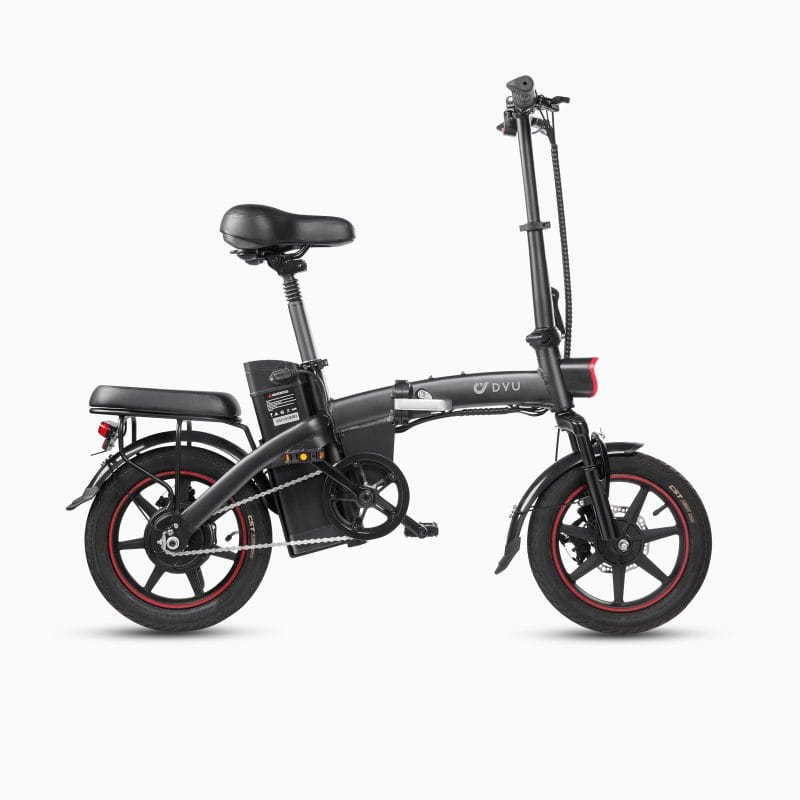
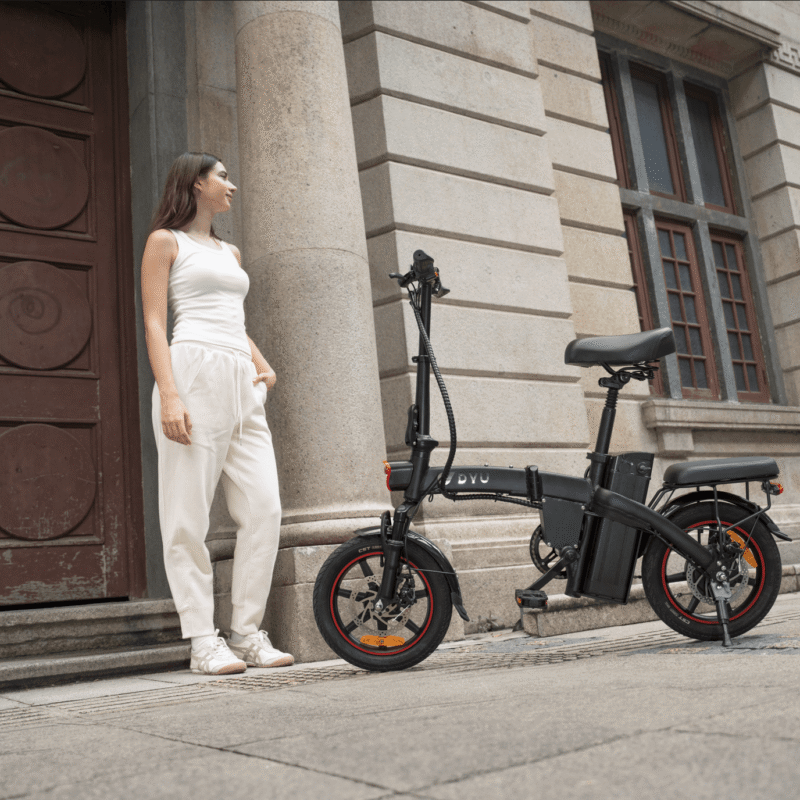
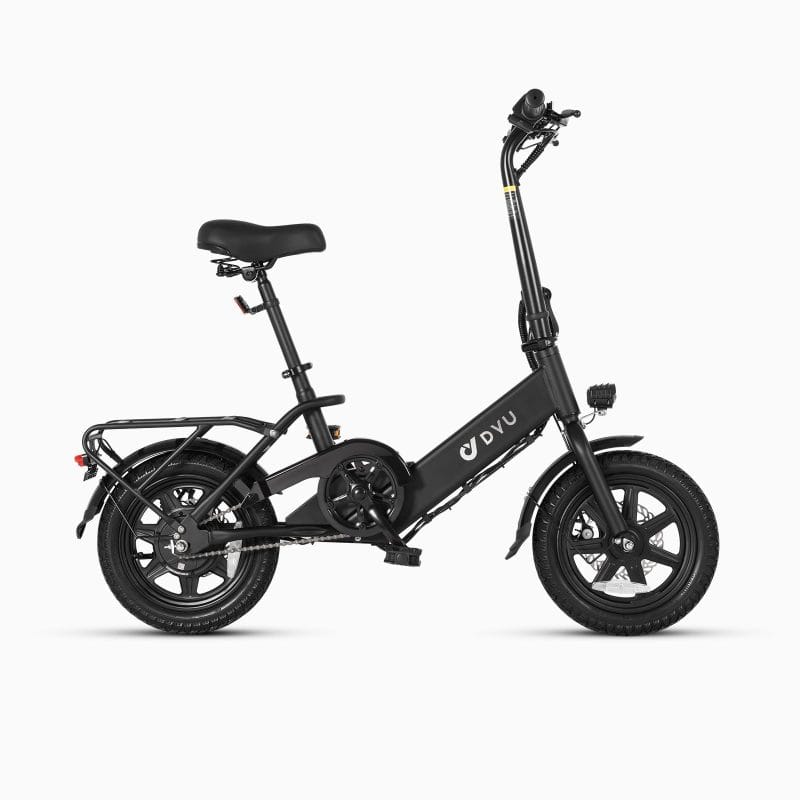

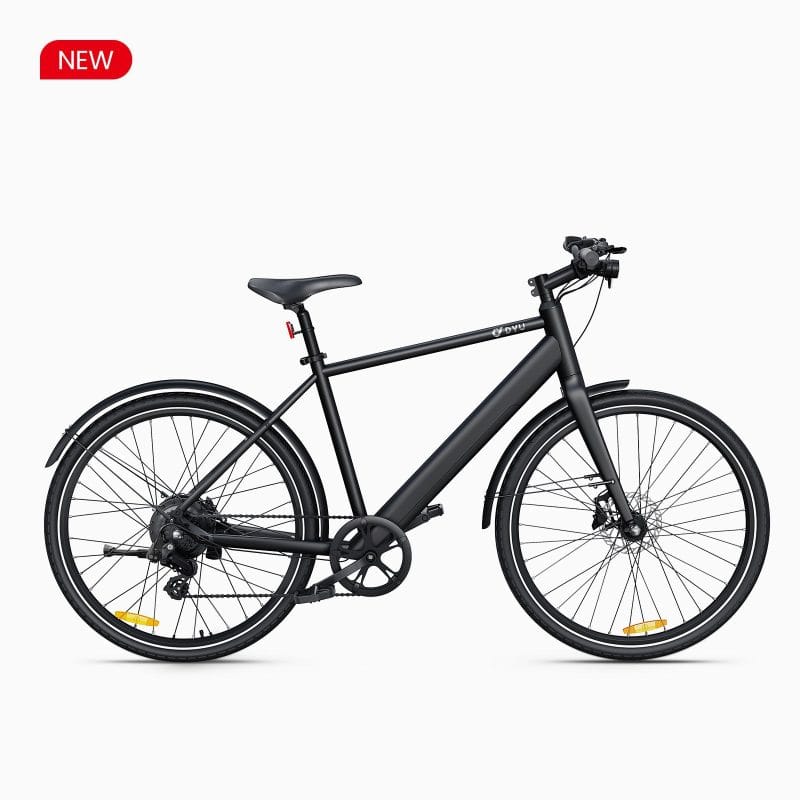
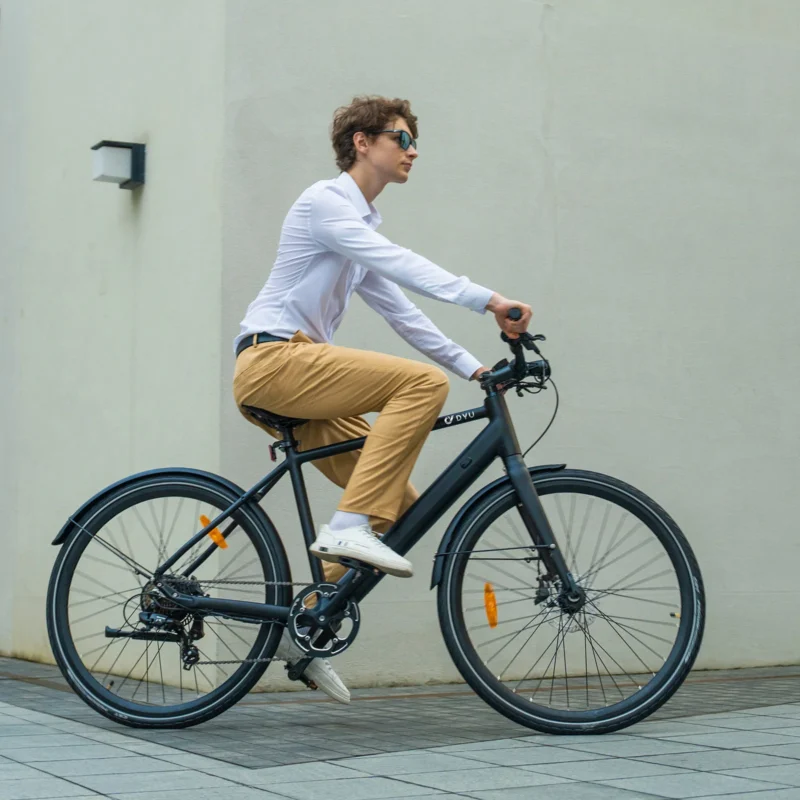
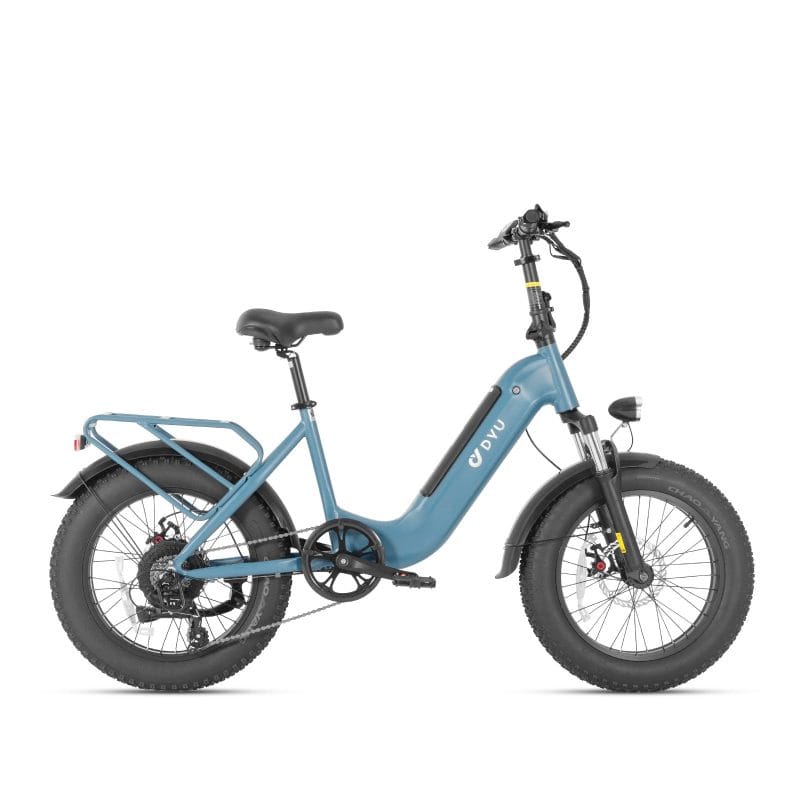
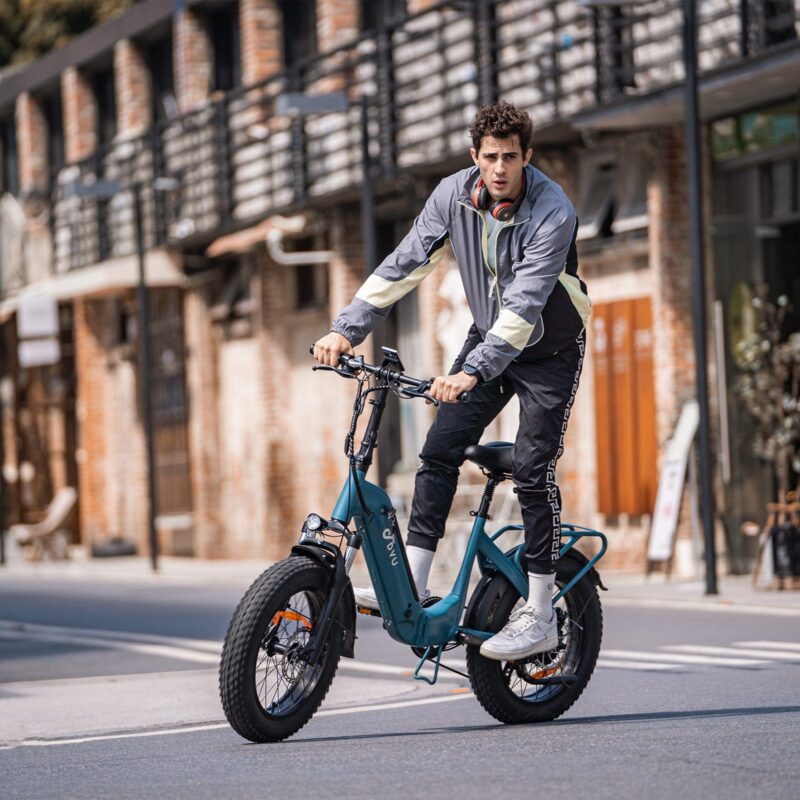
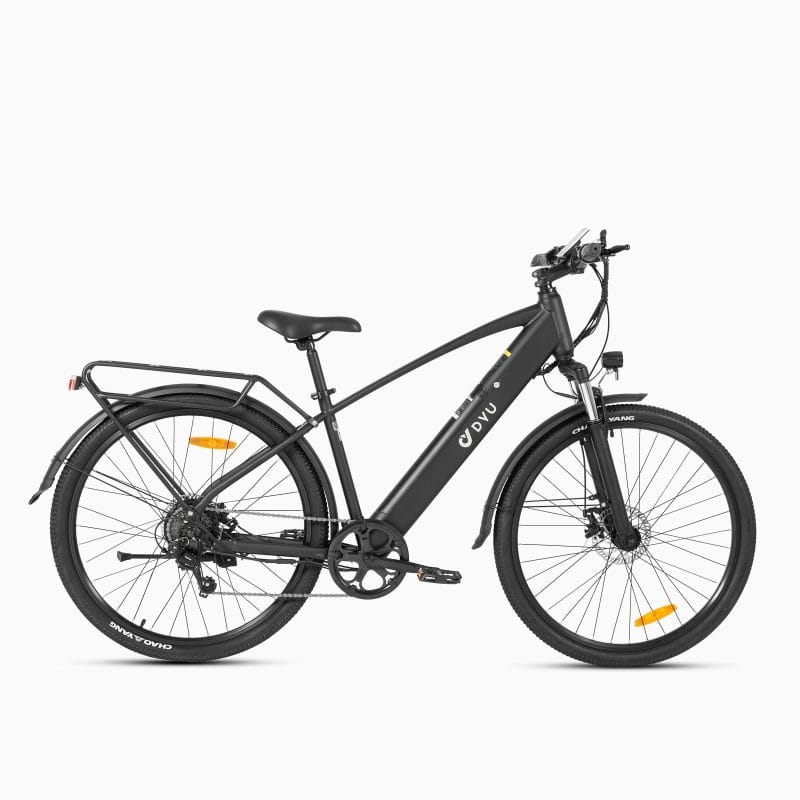

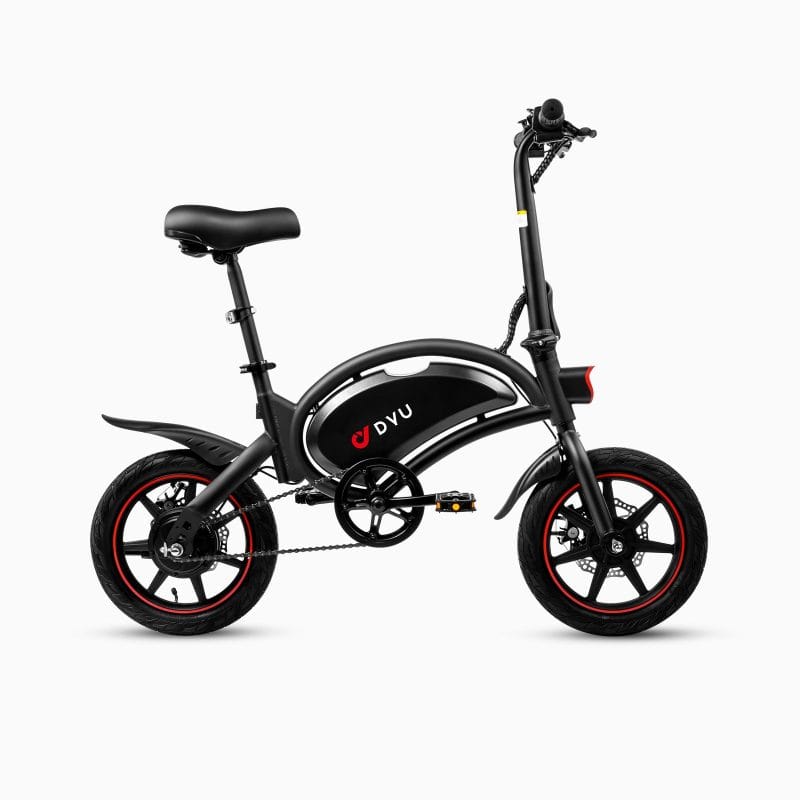

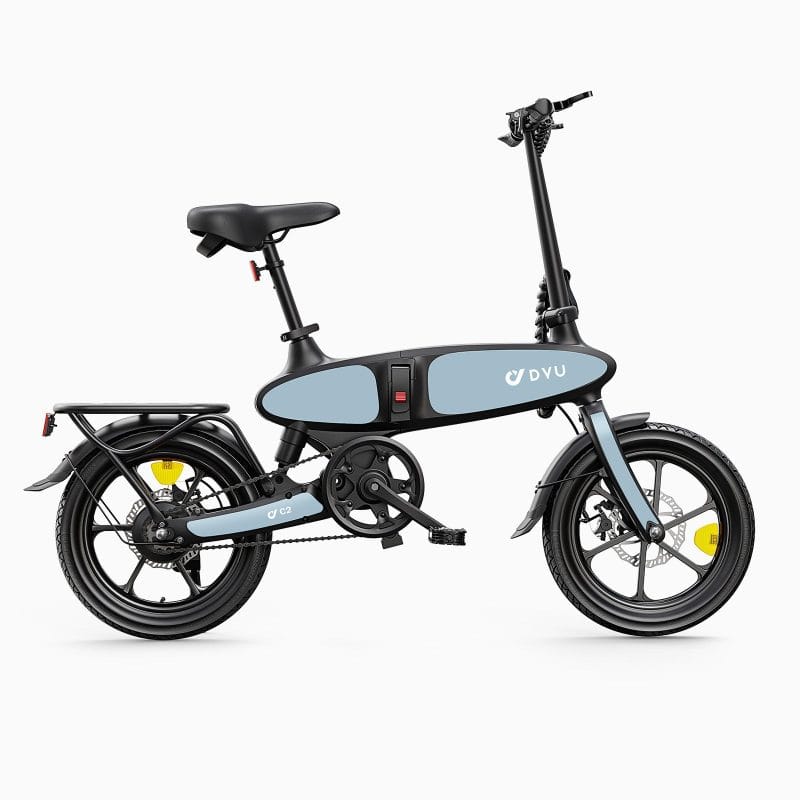
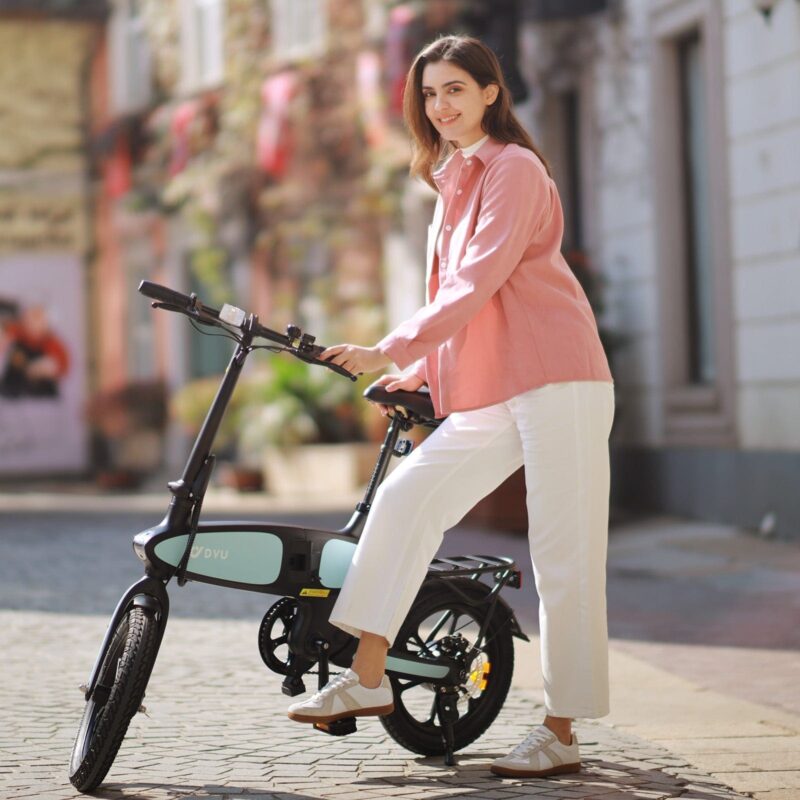
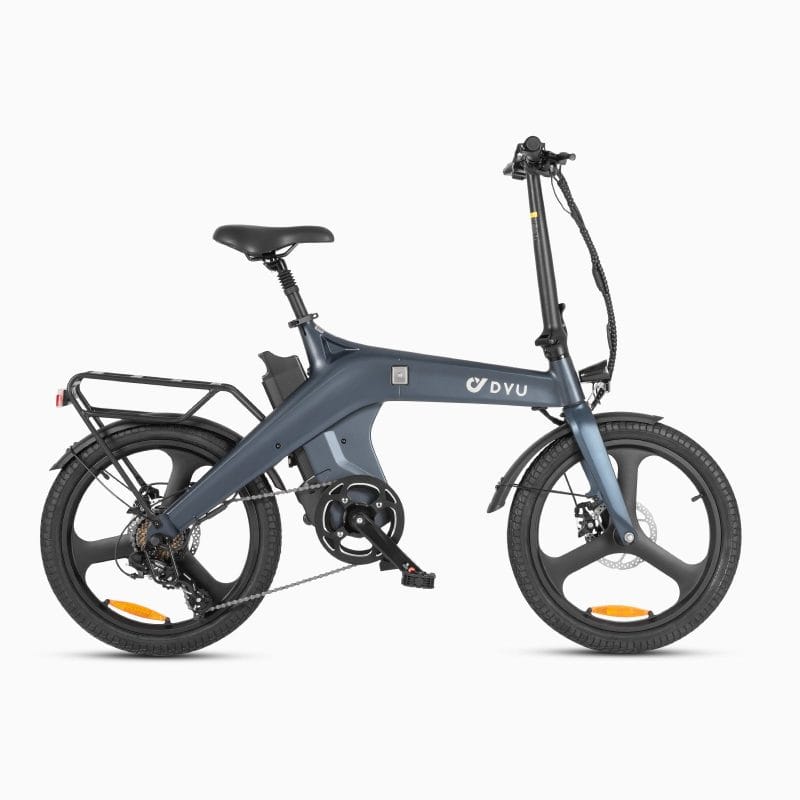
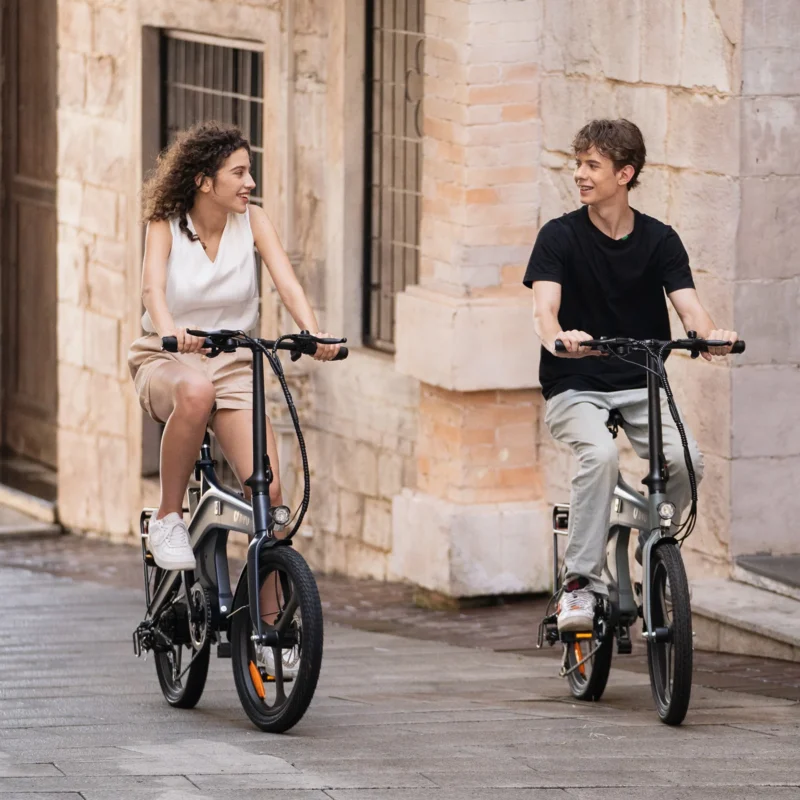
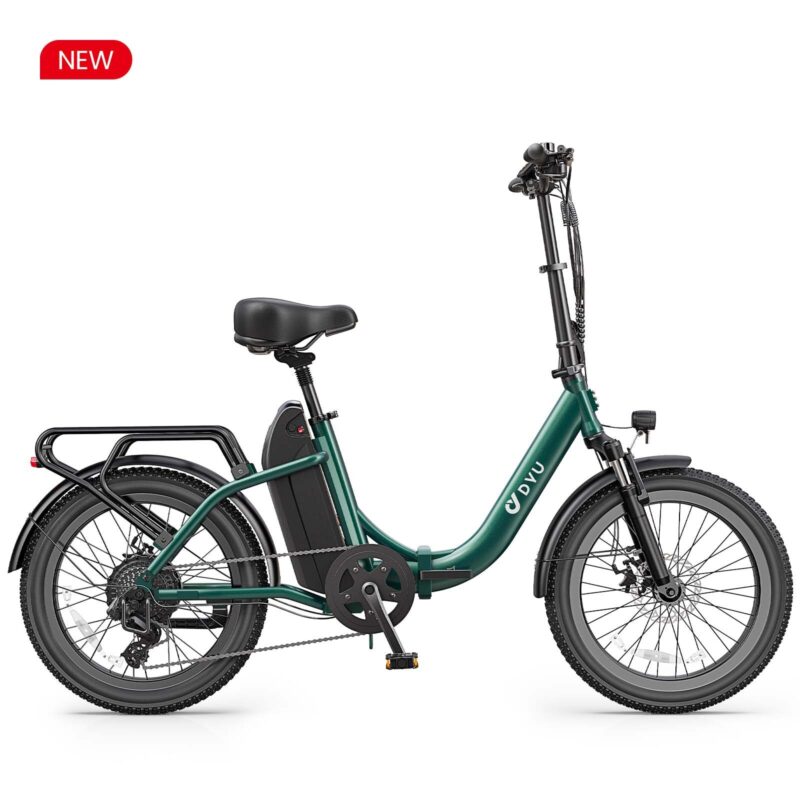
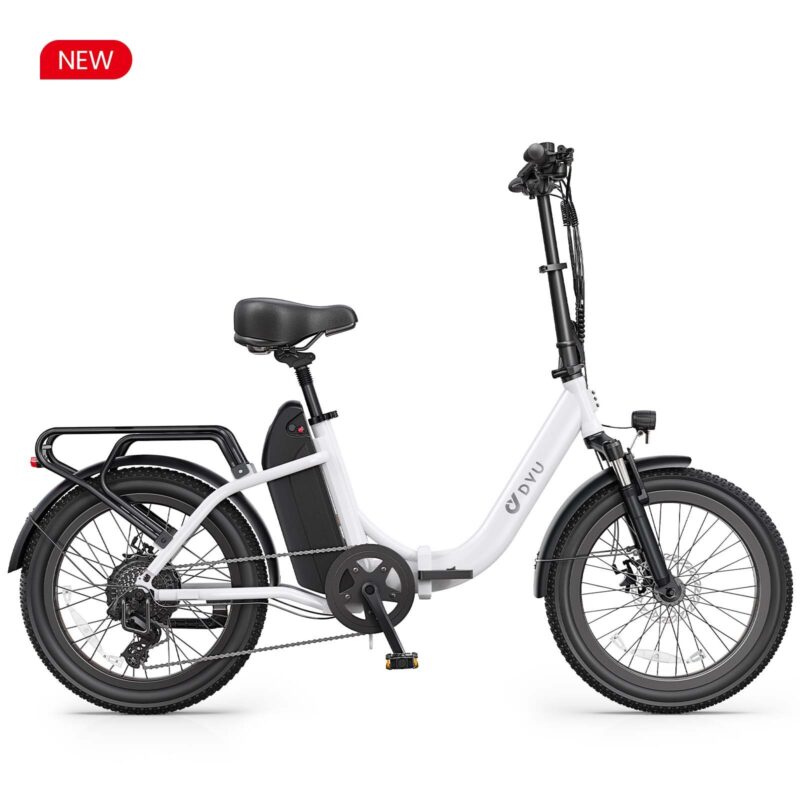
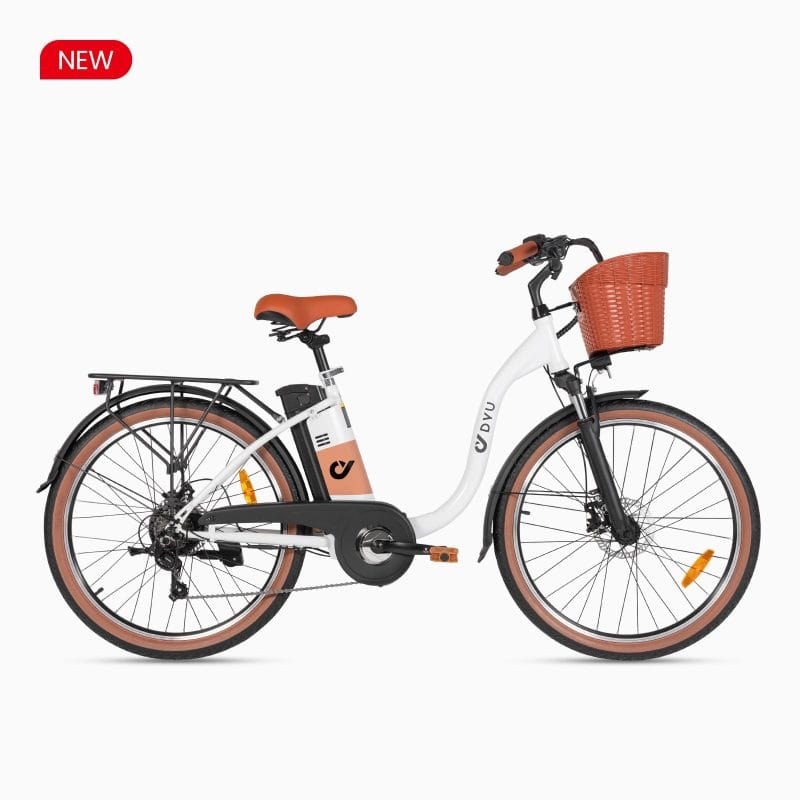
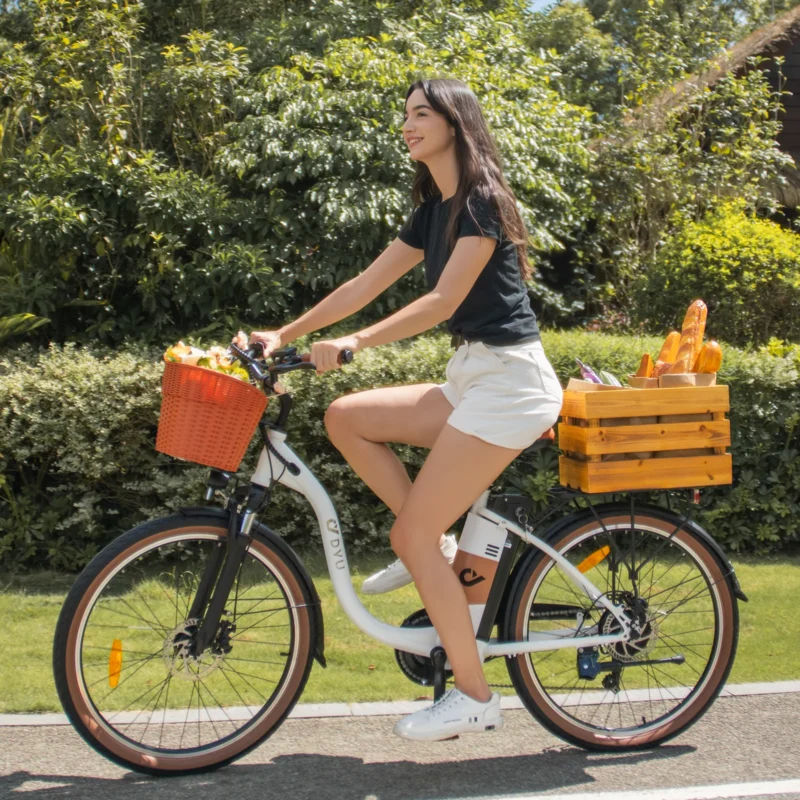
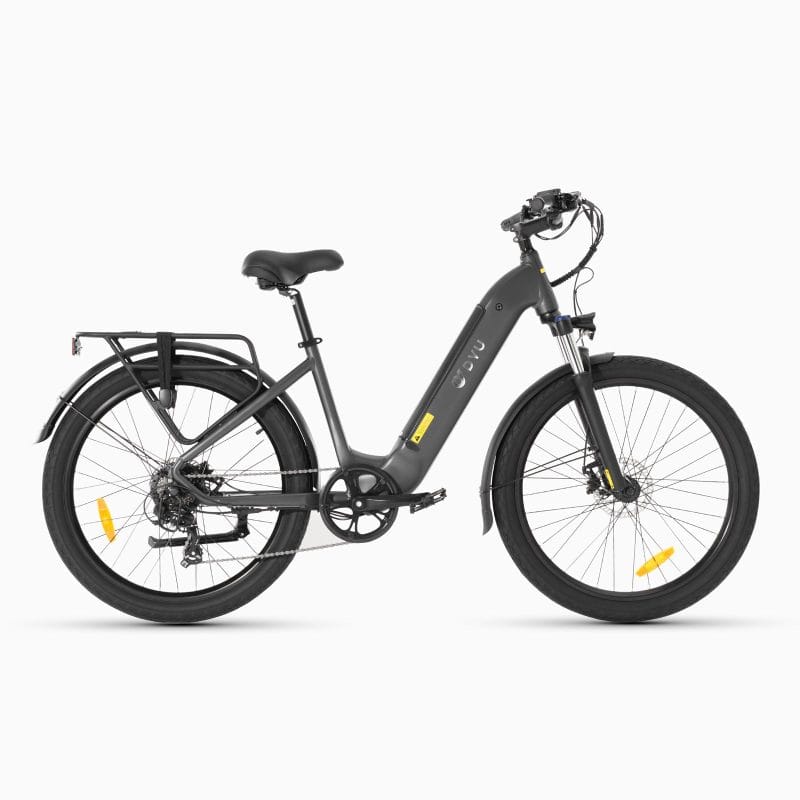
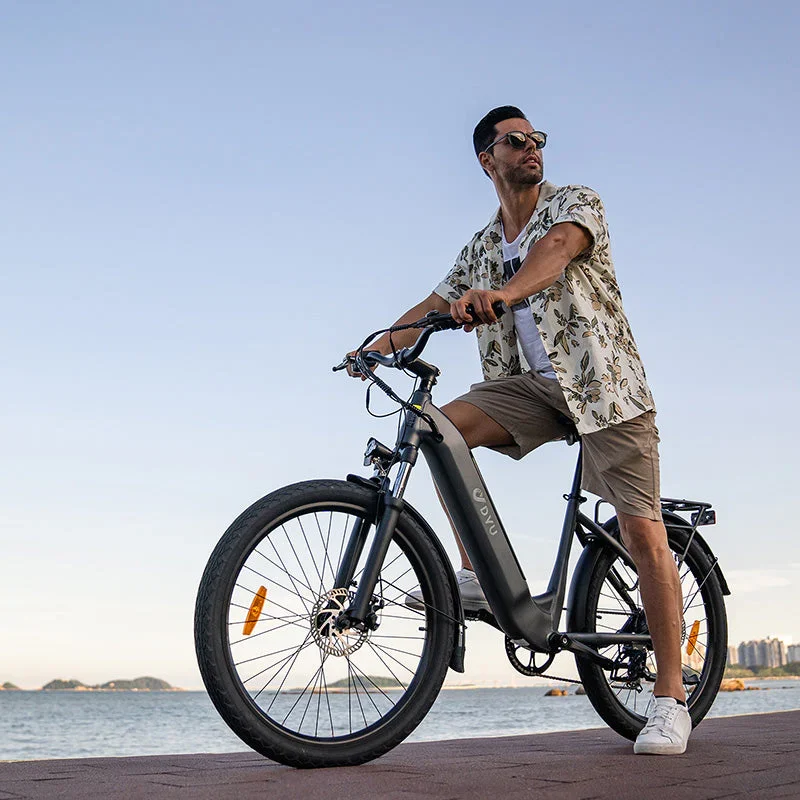
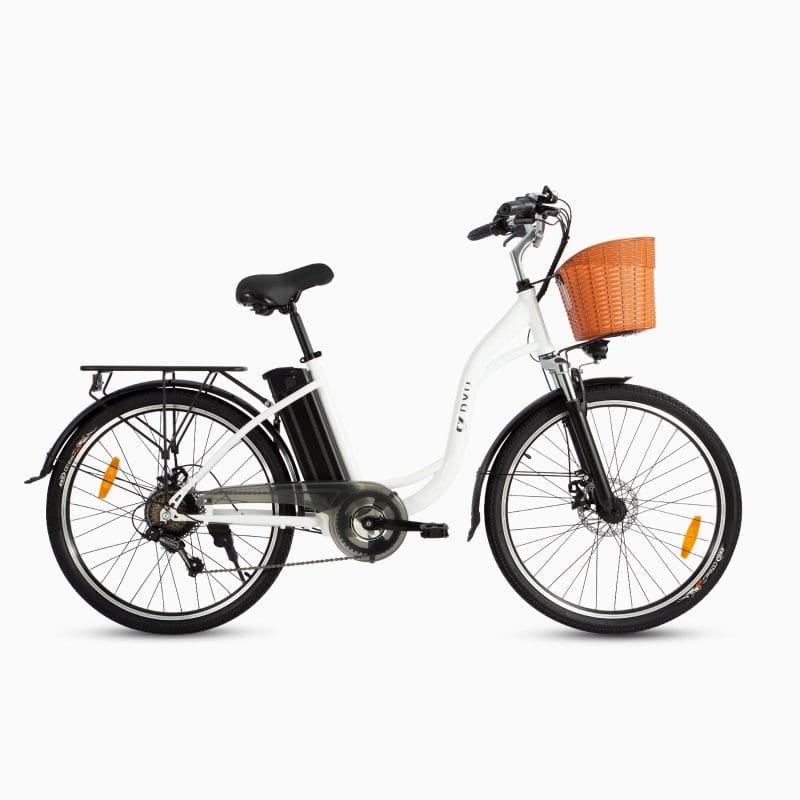






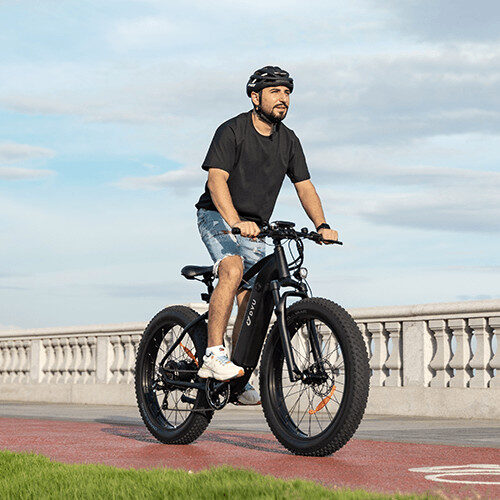
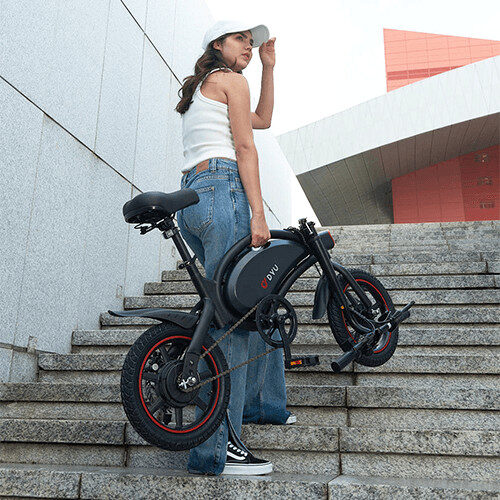
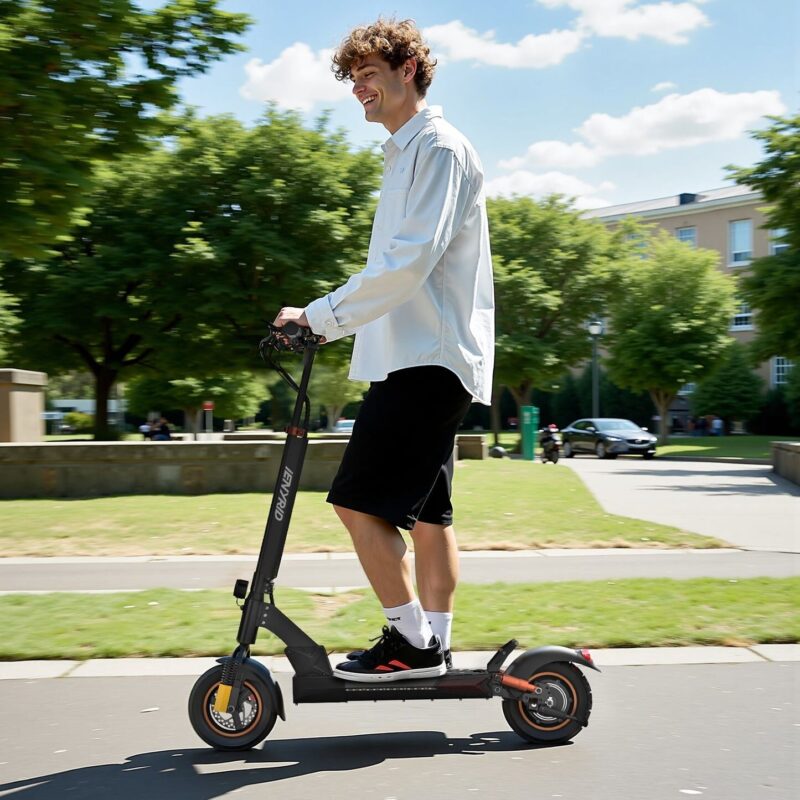











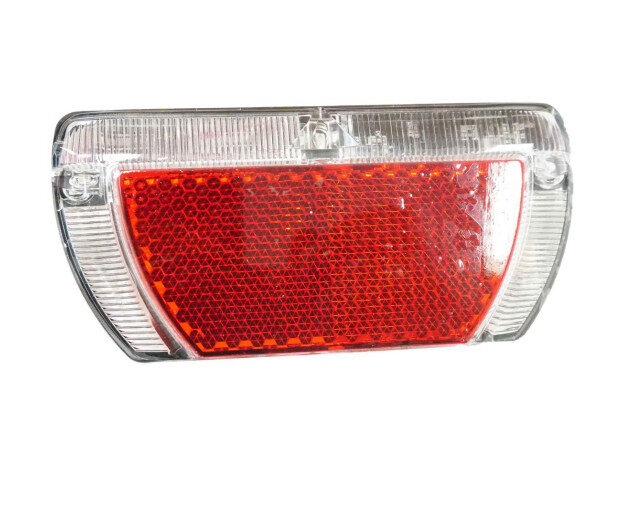
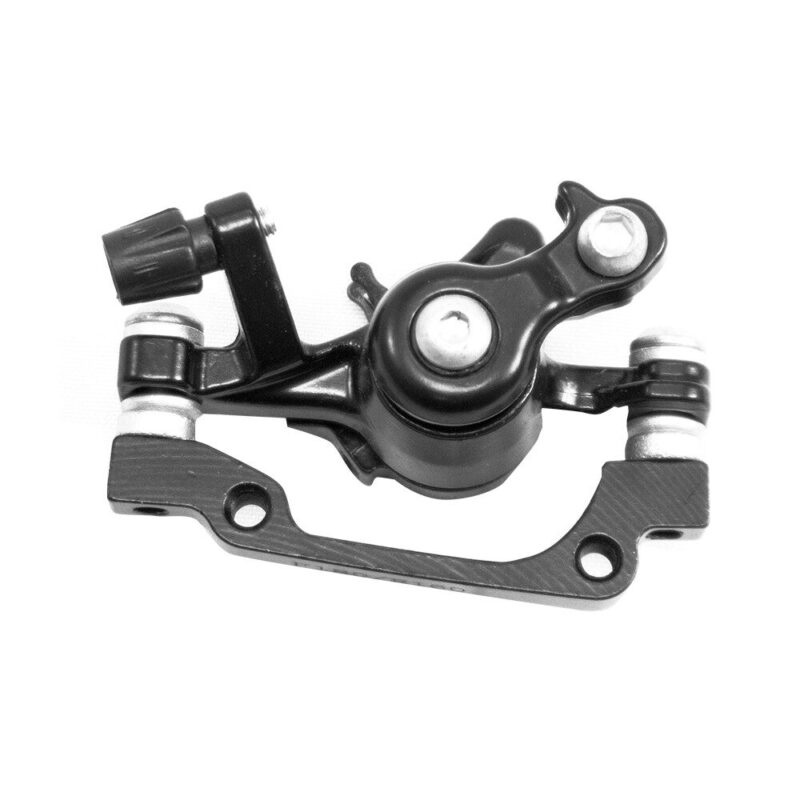
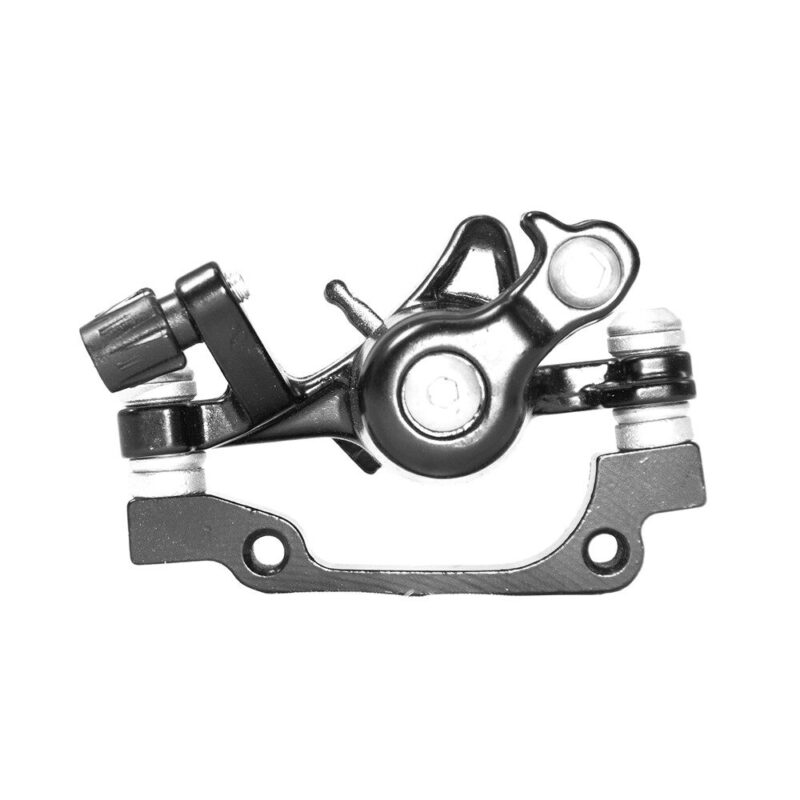







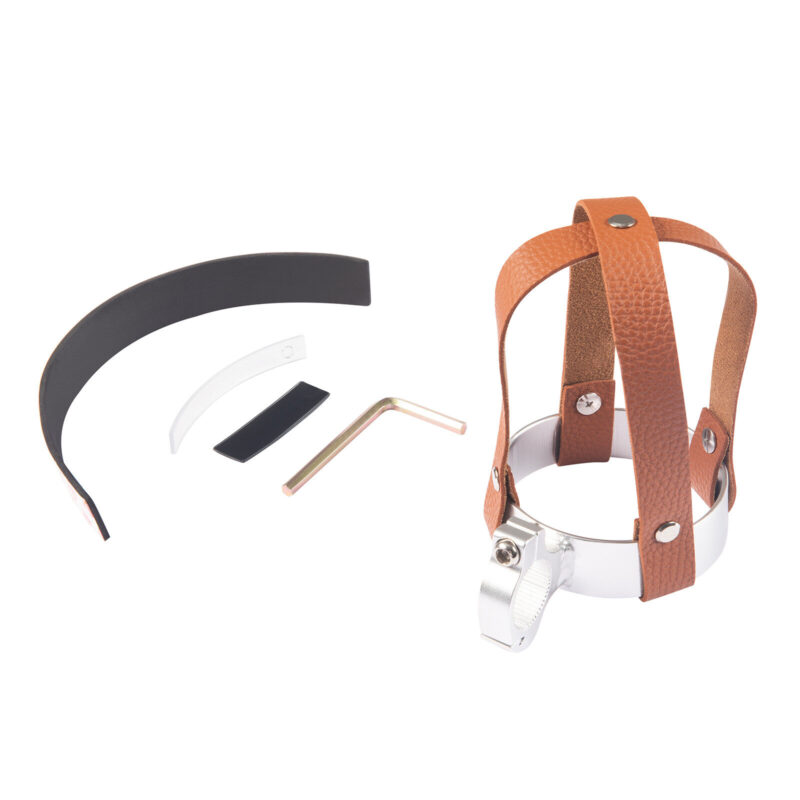



Love the fusion of classic British humor and modern tech in this article. Fish and chips + lithium-ion? Genius metaphor for our quirky adaptability.
My 70-year-old dad bought an e-bike last year and now cycles daily—something he thought he’d never do again. Lifesaver for older generations!